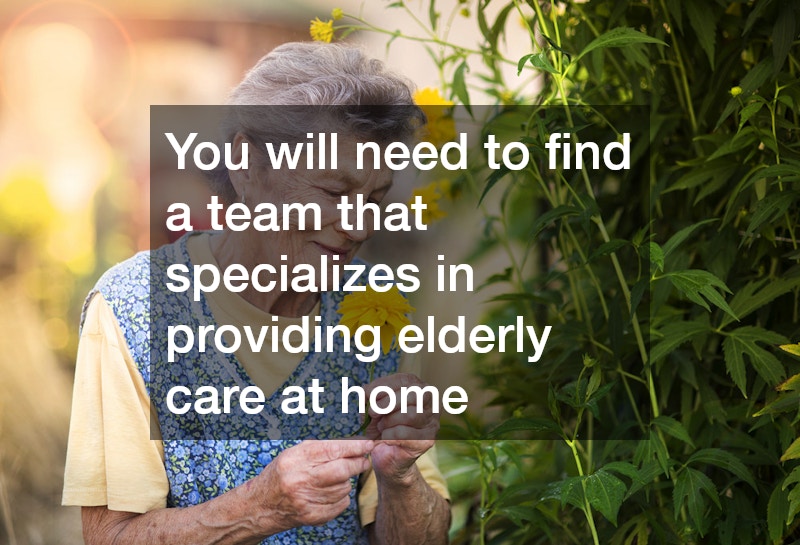

First Stages of Menopause 101: What You Need to Know About Reproductive Health
-
If you are someone (or know someone) who is experiencing the early stages of menopause, you have come to the right place. When it comes to menopause treatment, the most important factor is that you pay close attention to your body. Womens health can be a tricky topic, but it is imperative that you find a gynecologist that works for you, as you want to pay close attention to your reproductive health. Be sure to keep reading below for essential information related to menopause, as you want to protect your body in every way possible!
1. Certain factors, such as depression and financial difficulties can lead to early menopause, according to research reports from 2003.
Studies from 2003, indicate that life-long depression and financial hardship may lead to early menopause. This is important to pay close attention to, as you want to do what you can do eliminate external factors that can impact menopause. If you suffer from depression or a difficult financial situation, consider reaching out to someone that can help you manage such factors. Doing so, can not only make your life less stressful but prevent menopause from starting earlier on.
2. The average age for women to experience menopause is 51, but most experience the first stages of menopause between 40 and 58 years old.
The average age for the early stages of menopause is 51, but some women are in their 30s and other women are in their 60s. Keep this in mind, as you want to be aware of what your body is doing. If you are within this age range, it is possible that you will start menopause soon (even if you are on the younger side) so pay close attention and be sure to regularly visit a gynecologist.
3. After 12 months of a woman not having a period, doctors classify her has experienced the early stages of menopause.
Once a woman has gone 12 months without a period, she is classified as being in the early stages of menopause and for the remainder of her life is described as post-menopausal. Keep this in mind, as you could fall into this category. If you have noticed that you have not had a period in 12 months, be sure to schedule an appointment with your gynecologist. It’s always a great idea to have a check-up as you want to stay on top of what’s happening with your body. Most importantly, listen to your body and if you feel that something is happening that’s out of the ordinary, schedule an appointment!
If you found these tips helpful, then you are on the right track to learning about the early stages of menopause as well as menopause solutions. Be sure to keep the aforementioned tips in mind, as they are sure to help you determine whether or not you are experiencing the early stages of menopause. First, keep in mind that certain factors, such as depression and financial difficulties can lead to early menopause, according to research reports from 2003. Second, remember that the average age for women to experience menopause is 51, but most experience the first stages of menopause between 40 and 58 years old. Lastly, after 12 months of a woman not having a period, doctors classify her has experienced the early stages of menopause.
